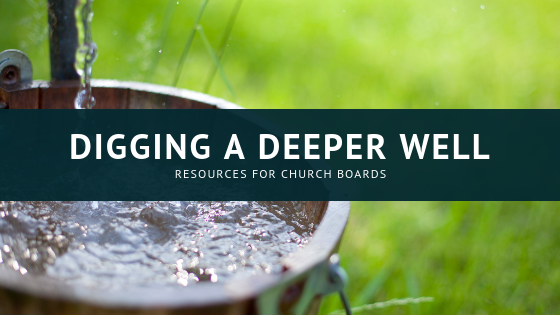Note: Throughout the summer we are revisiting posts of the past year, grouped around common themes. We will return with new entries right after Labor Day.
These days, we are keenly aware of conflict in our world, our communities, our Congress, and our congregations. And we are equally aware that there are no easy solutions to conflict, wherever it occurs.
Helping pastors and congregational leaders talk with one another regularly at greater levels of depth and vulnerability will not bring instant harmony. But the practice of deeper conversation, developed over time in the context of our church board meetings, can build greater capacity for mutual respect and theological imagination in times of such conflict.
The following two posts draw on the New Testament letters of Galatians and I Corinthians, Abraham Lincoln’s Second Inaugural Address, and Franz Kafka’s parable of “Fellowship” to offer starting points for building that much-needed capacity.
From Fruitfulness and Fellowship:
One practice to help boards navigate in such moments is to start your meeting by reflecting on a short reading or image that ties indirectly to the issue at hand. This object of your reflection may be scripture, but it may also be another kind of text (poem, story, historical passage, art work). What matters is that it is complex, exceeding the reading of any one person, and therefore a profound reminder of different readings of our irreducibly complex common reality.
That regained perspective might help the fruits of the spirit to be found in your meeting, even in the midst of differing views on the issue at hand. You may not need to return to the object as the meeting proceeds; but it remains available when you want to redirect attention…and invite other voices into the room. In such a moment, the presence of this third thing can be your best friend.








No Comments